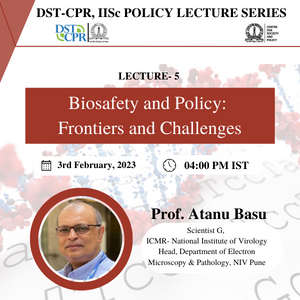Eugene Garfield Birth Centenary Celebration
16th September 2025 | 14:00 – 16:00 (IST) | Online Mode
This event celebrates the birth centenary of Eugene Garfield (1925-2017) and will feature two
lectures by eminent scholars, Prof. Mike Thelwall and Prof. Anthony (Ton) F. J. van Raan. The event
is co-hosted by the Centre for Society and Policy, JRD Tata Memorial Library and DST Centre for
Policy Research, Indian Institute of Science, Bangalore, India.
Dr. Eugene Garfield
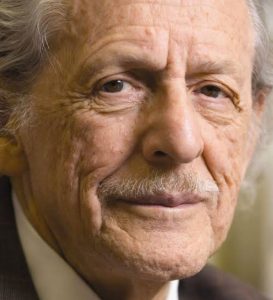 Dr. Eugene Garfield (1925-2017), information scientist extraordinaire and entrepreneur, pioneered the concept of citation indexing and developed the journal impact factor, fundamentally transforming how scientific literature is accessed and evaluated. He founded the Institute for Scientific Information (ISI) and revolutionised scientific communication by creating numerous influential bibliographic tools, including Current Contents, Index Chemicus, Science Citation Index, the precursor to today’s Web of Science, and Journal Citation Reports. His visionary work on citation analysis anticipated modern information retrieval algorithms like Google’s PageRank by three decades, earning him recognition as “the grandfather of Google”. His work on citation indexing and information retrieval systems were foundational to modern scientific documentation and databases like PubMed, which rely on MeSH for organising medical literature. Garfield’s innovations laid the foundation for modern scientometrics and bibliometrics, making him one of the most influential figures in 20th-
Dr. Eugene Garfield (1925-2017), information scientist extraordinaire and entrepreneur, pioneered the concept of citation indexing and developed the journal impact factor, fundamentally transforming how scientific literature is accessed and evaluated. He founded the Institute for Scientific Information (ISI) and revolutionised scientific communication by creating numerous influential bibliographic tools, including Current Contents, Index Chemicus, Science Citation Index, the precursor to today’s Web of Science, and Journal Citation Reports. His visionary work on citation analysis anticipated modern information retrieval algorithms like Google’s PageRank by three decades, earning him recognition as “the grandfather of Google”. His work on citation indexing and information retrieval systems were foundational to modern scientific documentation and databases like PubMed, which rely on MeSH for organising medical literature. Garfield’s innovations laid the foundation for modern scientometrics and bibliometrics, making him one of the most influential figures in 20th-
century information science. He was the first to think of a newspaper devoted to science. Garfield earned a PhD in Structural Linguistics from the University of Pennsylvania in 1961.
Speakers
To honour his legacy, Prof. Mike Thelwall and Prof. Anthony (Ton) F. J. van Raan will each deliver a 40-minute lecture, followed by a 15-minute interactive Q&A session
Lecture 1
Prof. Anthony (Ton) F. J. van Raan | 40 mins
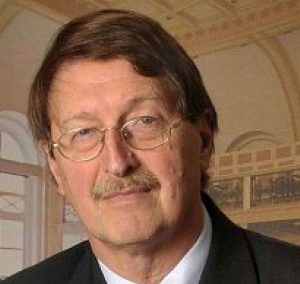 Prof. Anthony (Ton) F. J. van Raan is a Professor of Quantitative Studies of Science at Leiden University’s Centre for Science and Technology Studies (CWTS), of which he was the founder-director until 2010. After a productive career in physics (PhD, Utrecht, 1973), he transitioned to science studies in 1985, publishing extensively on bibliometric indicators, science mapping, and scaling behavior of universities and cities. A recipient of the Derek de Solla Price Award and a Knight in the Order of the Dutch Lion, he continues research in urban scaling and bibliometrics and serves on the editorial boards of leading journals.
Prof. Anthony (Ton) F. J. van Raan is a Professor of Quantitative Studies of Science at Leiden University’s Centre for Science and Technology Studies (CWTS), of which he was the founder-director until 2010. After a productive career in physics (PhD, Utrecht, 1973), he transitioned to science studies in 1985, publishing extensively on bibliometric indicators, science mapping, and scaling behavior of universities and cities. A recipient of the Derek de Solla Price Award and a Knight in the Order of the Dutch Lion, he continues research in urban scaling and bibliometrics and serves on the editorial boards of leading journals.
Lecture 2
Prof. Mike Thelwall | 40 mins
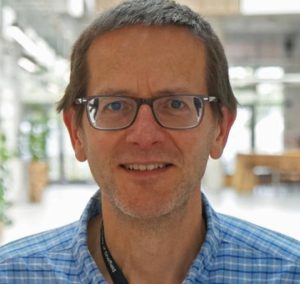 Professor Mike Thelwall is a Professor of Data Science in the School of Information, Journalism and Communication at the University of Sheffield, UK. He develops quantitative methods for research evaluation, focusing on the use of large language models to support academic assessment. He leads the international metascience project – AI Peer and various LLM-supported grant peer review projects, and serves on the editorial boards of numerous journals. He is the author of the open-access book, Quantitative methods in research evaluation: Citation indicators, altmetrics and artificial intelligence.
Professor Mike Thelwall is a Professor of Data Science in the School of Information, Journalism and Communication at the University of Sheffield, UK. He develops quantitative methods for research evaluation, focusing on the use of large language models to support academic assessment. He leads the international metascience project – AI Peer and various LLM-supported grant peer review projects, and serves on the editorial boards of numerous journals. He is the author of the open-access book, Quantitative methods in research evaluation: Citation indicators, altmetrics and artificial intelligence.








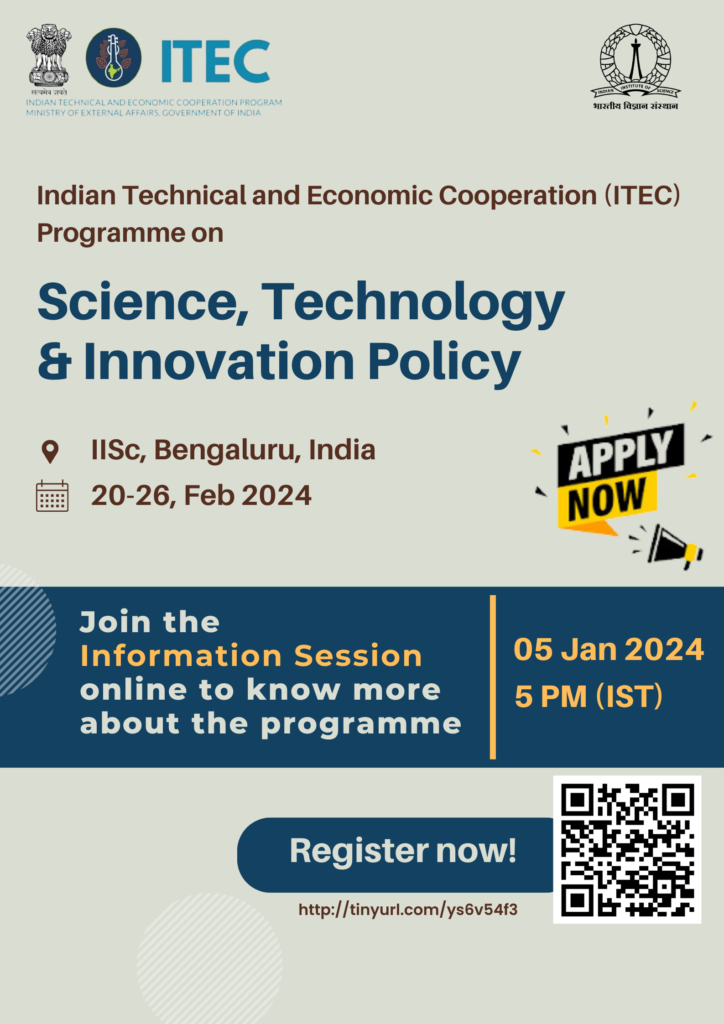
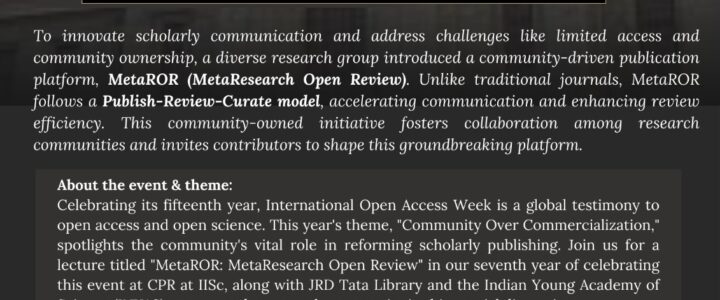


 Join Zoom Meeting
Join Zoom Meeting




